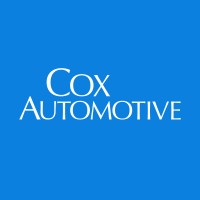
GlobalLogic
GlobalLogic, a Hitachi Group company, is a trusted partner in design, data, and digital engineering for the world’s largest and most innovative companies. Since our inception in 2000, we have been at the forefront of the digital revolution, helping to create some of the most widely used digital products and experiences. Our purpose is to positively impact society and the planet through cutting-edge technology. Together with our clients, we are engineering impact through intelligent products, platforms, and services that are designed for desirability, engineered for excellence, and curated for intelligence. Our people-first culture fosters shoulder-to-shoulder teamwork, supported by a unique lab model and flexible delivery options, including onshore, nearshore, and offshore solutions. We also prioritize environmental stewardship in our product development and are committed to leveraging the diversity of thoughts as a driver for business innovation, attracting and developing talent, and sustainable growth. We are proud of our global recognitions: Leader in the ISG Provider Lens™ Digital Engineering Services 2024 U.S. report Everest Group's Software Product Engineering Services Peak Matrix 2024 Star Performer in Major Contender in Everest Group’s Trust & Safety Peak Matrix 2024 2024 EcoVadis Silver Sustainability Rating Join us as we continue to shape the future of digital engineering and create lasting impacts for businesses and communities worldwide: globallogic.com






